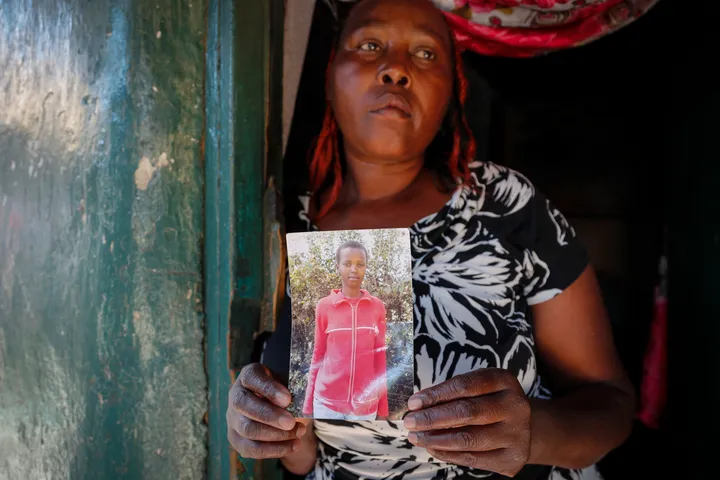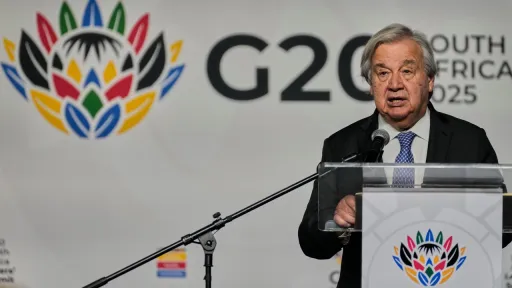A surge in militant attacks and instability in northern Nigeria is driving hunger to record levels, the UN World Food Programme (WFP) has said, warning that nearly 35 million people could go hungry in 2026 as it runs out of resources in December.
The projection, based on the latest Cadre Harmonise — an analysis of acute food and nutrition insecurity in the Sahel and West Africa region, is the highest number recorded in Nigeria since monitoring began, WFP said on Tuesday.
Violence has escalated in 2025, with attacks by militants including Al Qaeda affiliated groups and Daesh-West Africa Province (ISWAP).
Recent incidents underscore the crisis: Daesh fighters killed a brigadier-general in the northeast on Tuesday, while armed bandits abducted more than 300 Catholic school students in a mass kidnapping on Friday, days after storming a public school, killing a deputy head teacher and seizing 25 schoolgirls on Monday.
“The advance of insurgency presents a serious threat to stability in the north, with consequences reaching beyond Nigeria,” said David Stevenson, WFP Nigeria country director. “Communities are under severe pressure from repeated attacks and economic stress.”
Malnutrition rates are highest among children
Rural farming communities have been hit hardest. Nearly 6 million people lack basic minimum food supplies in Borno, Adamawa and Yobe states, while 15,000 in Borno are projected to face famine-like conditions. Malnutrition rates are highest among children in Borno, Sokoto, Yobe and Zamfara, WFP said.
Almost a million people in the northeast currently rely on WFP aid, but funding shortfalls forced the agency to scale down nutrition programmes in July, affecting more than 300,000 children. In areas where clinics closed, malnutrition worsened from “serious” to “critical” in the third quarter.
The WFP's biggest donor, the United States, has slashed its foreign aid under President Donald Trump, and other major nations have also made or announced cuts in assistance.
WFP warned it will run out of funds for emergency food and nutrition aid by December, leaving millions dependent on its support without assistance in 2026.
























